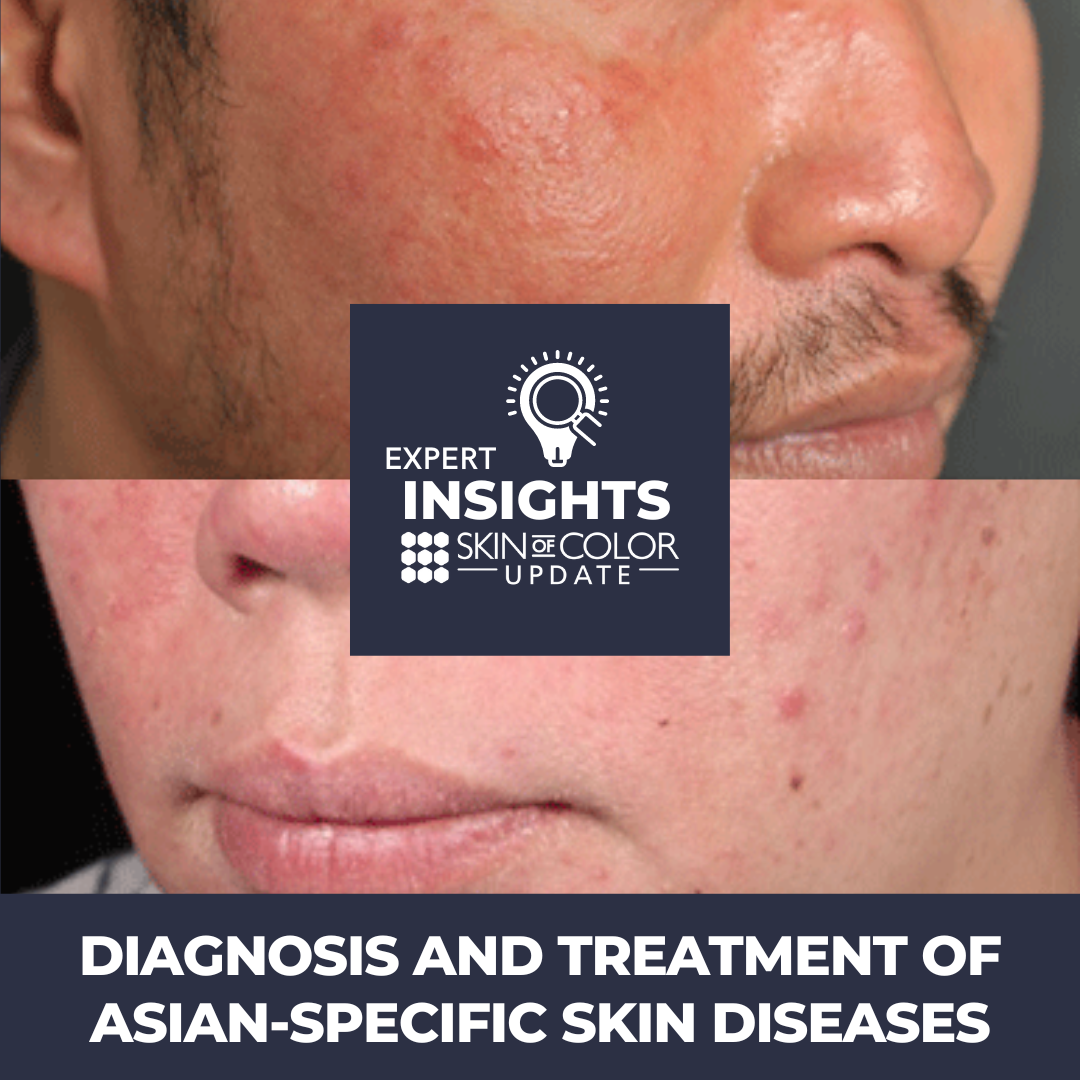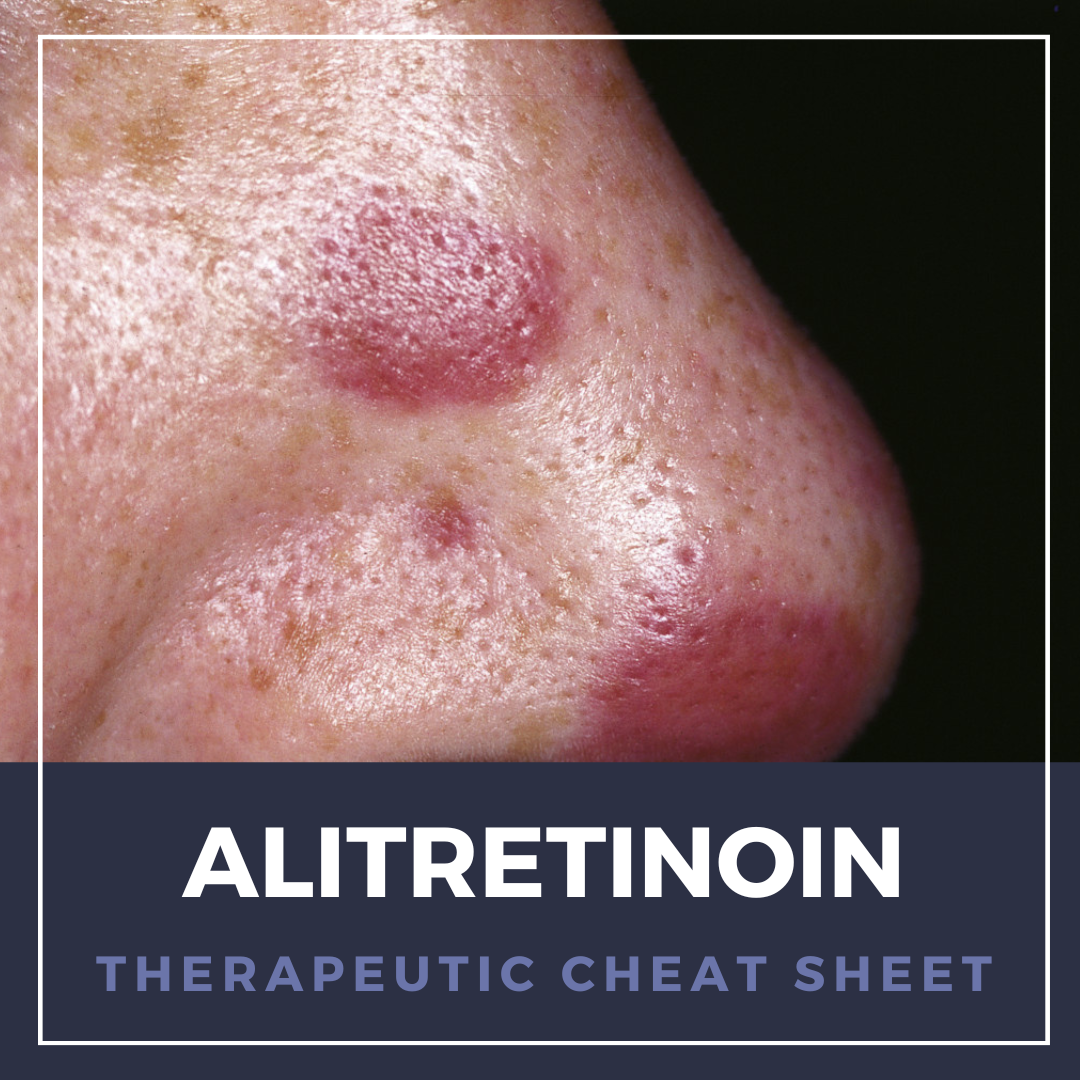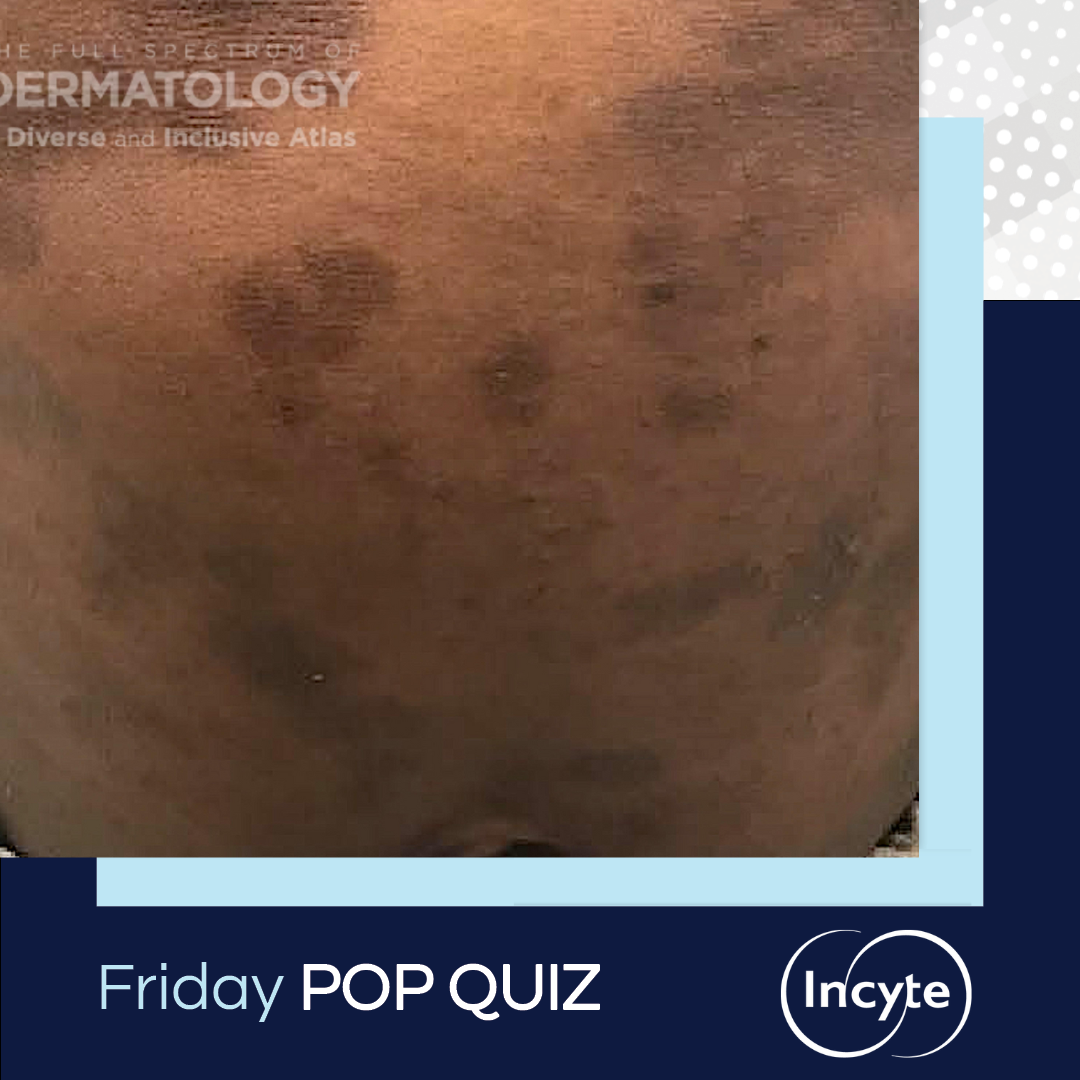JDD February 2024 Issue Highlights
 Explore the February 2024 issue of the Journal of Drugs in Dermatology! Discover groundbreaking research on topics such as novel treatments for melasma, advancements in psoriasis management, gene expression profile (GEP) testing for squamous cell carcinoma, pediatric vitiligo, and many more! Stay ahead of the curve with the latest insights from leading dermatology experts. Straight from the Editor …
Explore the February 2024 issue of the Journal of Drugs in Dermatology! Discover groundbreaking research on topics such as novel treatments for melasma, advancements in psoriasis management, gene expression profile (GEP) testing for squamous cell carcinoma, pediatric vitiligo, and many more! Stay ahead of the curve with the latest insights from leading dermatology experts. Straight from the Editor …
 Explore the February 2024 issue of the Journal of Drugs in Dermatology! Discover groundbreaking research on topics such as novel treatments for melasma, advancements in psoriasis management, gene expression profile (GEP) testing for squamous cell carcinoma, pediatric vitiligo, and many more! Stay ahead of the curve with the latest insights from leading dermatology experts. Straight from the Editor …
Explore the February 2024 issue of the Journal of Drugs in Dermatology! Discover groundbreaking research on topics such as novel treatments for melasma, advancements in psoriasis management, gene expression profile (GEP) testing for squamous cell carcinoma, pediatric vitiligo, and many more! Stay ahead of the curve with the latest insights from leading dermatology experts. Straight from the Editor … 

 At the 2023 Skin of Color Update Conference, attendees had the exciting opportunity to listen to Dr. George Han, MD, PhD, from Northwell Health in New York, discuss the prevalence and characteristics of certain skin conditions, primarily in Asian populations. His lecture highlighted the differences in the presentation, genetics, and treatment responses among Asians compared to other ethnic groups …
At the 2023 Skin of Color Update Conference, attendees had the exciting opportunity to listen to Dr. George Han, MD, PhD, from Northwell Health in New York, discuss the prevalence and characteristics of certain skin conditions, primarily in Asian populations. His lecture highlighted the differences in the presentation, genetics, and treatment responses among Asians compared to other ethnic groups …  A 4-month-old infant is brought to the clinic by his mother. The mother reports
that her son has had lesions on his cheeks for several weeks. The mother
initially treated the lesions using an over-the-counter moisturizer. After visiting
her pediatrician, the patient’s mother tried bleach baths and received a steroid
cream, which she used once in the last month. Which of the following is …
A 4-month-old infant is brought to the clinic by his mother. The mother reports
that her son has had lesions on his cheeks for several weeks. The mother
initially treated the lesions using an over-the-counter moisturizer. After visiting
her pediatrician, the patient’s mother tried bleach baths and received a steroid
cream, which she used once in the last month. Which of the following is …  Alitretinoin (9-cis-retinoic acid) is a naturally occurring endogenous retinoid that in gel form is FDA approved for AIDs-related localized cutaneous Kaposi’s sarcoma (KS)1. As compared to other topical retinoids, alitretinoin is unique in that it binds to all known intracellular retinoid receptors (RARs and RXRs), allowing it to exert anti-proliferative and apoptotic effects, particularly usefu …
Alitretinoin (9-cis-retinoic acid) is a naturally occurring endogenous retinoid that in gel form is FDA approved for AIDs-related localized cutaneous Kaposi’s sarcoma (KS)1. As compared to other topical retinoids, alitretinoin is unique in that it binds to all known intracellular retinoid receptors (RARs and RXRs), allowing it to exert anti-proliferative and apoptotic effects, particularly usefu …  An increased level of which of the following proteins is most implicated in the pathogenesis of pruritus in the patient’s condition?
A. Defensin
B. Histamine
C. Interleukin-2
D. Interleukin-31
E. Transforming growth factor-beta
To find out the correct answer and read the explanation, click here.
Brought to you by …
An increased level of which of the following proteins is most implicated in the pathogenesis of pruritus in the patient’s condition?
A. Defensin
B. Histamine
C. Interleukin-2
D. Interleukin-31
E. Transforming growth factor-beta
To find out the correct answer and read the explanation, click here.
Brought to you by …